Vision
To impart quality higher education in the field of Electrical and Electronics Engineering and to create globally competent engineers with aptitude for research, innovation and entrepreneurship and prepare them to serve the industrial and societal needs.
Mission
- To fortify students with sound technical competency by providing state of the art teaching and learning.
- To impart industry oriented training to enable students to meet day-to-day changes of the field.
- To increase the employability and entrepreneurship skills of students through personality development programmes and soft-skills training.
- To provide good research atmosphere that would enable students and faculties with opportunities to do research, consultancy and constructive contribution and to be of ethical value to the society.
Programme Educational Objectives (PEOs)
Programme Outcomes (POs) & Programme Specific Outcomes(PSOs)
PROGRAMME OUTCOME (POs)
- PO1: Engineering knowledge: Apply the knowledge of mathematics, science, engineering fundamentals, and an engineering specialization to the solution of complex engineering problems.
- PO2: Problem analysis: Identify, formulate, research literature, and analyze complex engineering problems reaching substantiated conclusions using first principles of mathematics, natural sciences, and engineering sciences.
- PO3: Design/development of solutions: Design solutions for complex engineering problems and design system components or processes that meet the specified needs with appropriate consideration for the public health and safety, and the cultural, societal, and environmental considerations.
- PO4: Conduct investigations of complex problems: Use research-based knowledge and research methods including design of experiments, analysis and interpretation of data, and synthesis of the information to provide valid conclusions.
- PO5: Modern tool usage: Create, select, and apply appropriate techniques, resources, and modern engineering and IT tools including prediction and modeling to complex engineering activities with an understanding of the limitations.
- PO6: The engineer and society: Apply reasoning informed by the contextual knowledge to assess societal, health, safety, legal and cultural issues and the consequent responsibilities relevant to the professional engineering practice.
- PO7: Environment and sustainability: Understand the impact of the professional engineering solutions in societal and environmental contexts, and demonstrate the knowledge of, and need for sustainable development.
- PO8: Ethics: Apply ethical principles and commit to professional ethics and responsibilities and norms of the engineering practice.
- PO9: Individual and team work: Function effectively as an individual, and as a member or leader in diverse teams, and in multidisciplinary settings.
- PO10: Communication: Communicate effectively on complex engineering activities with the engineering community and with society at large, such as, being able to comprehend and write effective reports and design documentation, make effective presentations, and give and receive clear instructions.
- PO11: Project management and finance: Demonstrate knowledge and understanding of the engineering and management principles and apply these to one’s own work, as a member and leader in a team, to manage projects and in multidisciplinary environments.
- PO12: Life-long learning: Recognize the need for, and have the preparation and ability to engage in independent and life-long learning in the broadest context of technological change.
PROGRAMME SPECIFIC OUTCOME (PSOs)
- PSO 1: Learners can apply the knowledge acquired in the field of Electrical and Electronics Engineering to Analyze, Design, and solve problems in various systems.
- PSO 2: Graduates can develop sustainable solutions for societal requirements by choosing future ready methods.
Curriculum & Syllabus 2018
CURRICULUM & SYLLABUS
MINIMUM CREDITS TO BE EARNED: 134
| Category | Course | Hours/Week | Credits | Maximum Marks | ||||
|---|---|---|---|---|---|---|---|---|
Lecture | Tutorial | Practical | CA | SEE | Total |
|||
BSC | Chemistry | 3 | 1 | 0 | 4 | 40 | 60 | 100 |
BSC | Mathematics – I (Calculus and Differential Equations) | 3 | 1 | 0 | 4 | 40 | 60 | 100 |
ESC | Programming for Problem solving | 3 | 0 | 0 | 3 | 40 | 60 | 100 |
| BSC | Chemistry Laboratory | 0 | 0 | 4 | 2 | 40 | 60 | 100 |
ESC | Programming for problem solving Laboratory | 0 | 0 | 4 | 2 | 40 | 60 | 100 |
| ESC | Workshop/Manufacturing Practices | 1 | 0 | 4 | 3 | 40 | 60 | 100 |
| Total | 10 | 2 | 12 | 18 |
Curriculum & Syllabus 2022
CURRICULUM & SYLLABUS
MINIMUM CREDITS TO BE EARNED: 134
| Category | Course Title | Hours/Week | Maximum Marks | |||||
|---|---|---|---|---|---|---|---|---|
| Lecture | Tutorial | Practical | Credits | CA | SEE | Total | ||
| BSC | Chemistry | 3 | - | - | 3 | 40 | 60 | 100 |
| BSC | Mathematics – I(Calculus and Differential Equations) | 3 | 1 | - | 4 | 40 | 60 | 100 |
| ESC | Programming for Problem solving | 3 | - | - | 3 | 40 | 60 | 100 |
| ESC | Basics of civil and Mechanical Engineering | 3 | - | - | 3 | 40 | 60 | 100 |
| ESC | Workshop/Manufacturing Practices | 1 | - | 4 | 3 | 40 | 60 | 100 |
| BSC | Chemistry Laboratory | - | - | 2 | 1 | 40 | 60 | 100 |
| ESC | Programming for problem solving Laboratory | - | - | 2 | 1 | 40 | 60 | 100 |
| MC | Student Induction Program | - | - | - | - | - | - | - |
| MC | Universal Human ValuesUnderstanding harmony | 2 | - | - | - | - | - | 100 |
| Total | 15 | 1 | 8 | 18 |
Eligibility Criteria
| Criteria for Merit | Program Duration (Year) | Eligibility | Criteria for Merit |
|---|---|---|---|
| B.Tech. Electrical and Electronics Engineering | "4 Years (8 Semesters)" | "First Year: Passed 10+2 examination with Physics/ Mathematics/ Chemistry/ Computer Science/ Electronics/ Information Technology/ Biology/ Informatics Practices/ Biotechnology/ Technical Vocational subject/ Agriculture/ Engineering Graphics/ Business Studies/ Entrepreneurship as per table 8.4 Agriculture stream (for Agriculture Engineering) Obtained at least 45% marks (40% marks in case of candidates belonging to reserved category) in the above subjects taken together. OR Passed D.Voc. Stream in the same or allied sector. (The Universities will offer suitable bridge courses such as Mathematics, Physics, Engineering drawing, etc., for the students coming from diverse backgrounds to prepare Level playing field and desired learning outcomes of the programme) Lateral Entry (to Second Year) Passed Minimum THREE years / TWO years (Lateral Entry) Diploma examination with at least 45% marks (40% marks in case of candidates belonging to reserved category) in ANY branch of Engineering and Technology. OR Passed B.Sc. Degree from a recognized University as defined by UGC, with at least 45% marks (40% marks in case of candidates belonging to reserved category) and passed 10+2 examination with Mathematics as a subject. OR Passed B.Voc/3-year D.Voc. Stream in the same or allied sector. (The Universities will offer suitable bridge courses such as Mathematics, Physics, Engineering drawing, etc., for the students coming from diverse backgrounds to achieve desired learning outcomes of the programme)" | Merit based on Vels Entrance Examination and percentage of mark secured in the qualifying examination |
Career Prospects
CAREER PROSPECTS
- Assistant Engineer
- Junior Engineer
- Quality Engineer
- Automation Engineer
- Control and instrumentation engineer
- Electrical engineer
- Electrical Design Engineer
- Manufacturing Systems Engineer
- System Analyst
- IT Consultant
- Professors in Colleges and Universities
Alumni Testimonials
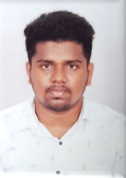
I am working as Developer in GAVS Technologies with package of 3.2 LPA. It gives me great pleasure to say with pride that I have completed my B.E (EEE) from School of Engineering, Vels Institute of Science Technology and Advanced Studies “2018 – 2022 Batch”. The relationship between faculty and student is very cordial, which gave me an opportunity to excel in my studies. The four years spent here were splendid and has helped me to grow better professionally & personally. I would like to thank all the faculty and staff for making me a “Better Person
B.Devakumar (B.E Electrical and Electronics Engineering), 2018 – 2022
Lead Engineer ,GAVS Technologies
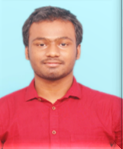
I am currently working as HR in Basell Automation System Private Limited. I am proud to say that I have completed my B.E (EEE) from School of Engineering, Vels Institute of Science Technology and Advanced Studies “2018 – 2022 Batch. I like the friendly atmosphere in our EEE department and the fact that the faculties are really kind to the students. We are very much supported in our studies. Some of the staffs are really kind and their way of teaching is really interesting. They are also very motivational. We are enthused by the classes. My grades have gone up a lot as the classes are practically oriented. The faculties take more time to focus on each student.
Karthikeyan.S (B.E Electrical and Electronics Engineering), 2018 – 2022
HR ,Basell Automation System Private Limited
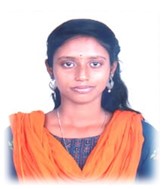
Being a part of new beginnings is always special and so is my journey in Electrical as it kicked off along with Vels Institute of Science Technology and Advanced Studies “2017 – 2021 Batch” of B.E – Electrical and Electronics Engineering. Looking back, I can certainly say that VISTAS was the most important milestone in shaping my career. Electrical and Electronics Engineering provides an innovative course design, best in class faculty from industry and hands on experience from various training (especially TNEB visits). Throughout the academic sessions, I was challenged to discover capabilities that I never knew I had. Along with academics, the Institution focuses on personality development which helped me build a rewarding career.
R. Gnana Suganya (B.E Electrical and Electronics Engineering), 2017 – 2021
Software engineer ,HCL Private Limited, Bangalore
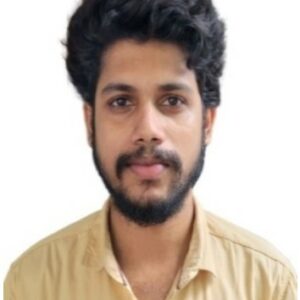
At the very outset, I would like to express my gratitude to the Vels Institute of Science Technology and Advanced Studies. Here, 4 years in the Electrical and Electronics Department was very insightful. I was able to improve my technical as well as personal skills which revamped me into a promising working professional. Throughout the course, our faculties and department assisted us. They encourage us with counselling to move forward in our career, they also coordinated various industrial visits, guest lectures and lab activities for a satisfactory understanding of subjects and knowledge of the field
R. Aravind (B.E Electrical and Electronics Engineering), 2017 – 2021
Engineer Renault Nissan Technology & Business Center India (RNTBCI), Mahindra world city, Chengalpattu
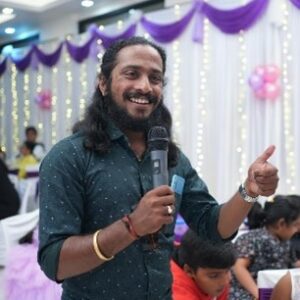
I am working as a HR Executive in BP and L&D and profoundly would like to share that “Genesis” is an important word and I must say “Vels Institute of Science Technology and Advanced Studies” is one place where it all started for me. Graduation was just a certificate but journey that made us capable of going that one extra mile can’t be summarized in few words, apart from lecture rooms, labs or any international level infrastructure we could ask for, our mentors and VISTAS vision to enable its student with industry level capabilities made the difference. It’s been 3 years since I am working for an industry where knowledge and discipline towards profession is an essence. I extend my heartfelt thanks to my mentors for their selfless efforts & also VISTAS Alumni Network from bringing all the students on one platform.
J. Akshay (B.E Electrical and Electronics Engineering), 2016 – 2020
HR Executive

VISTAS has been the most enthralling journey of my life. It has been an institute which has helped me nurture my skills as an engineer and grin leaps and bounds. Having spent four years in this esteemed institution, have witnessed a tremendous change in my life may it be on the academic front or even on a personal level. Not merely academic oriented, but extracurricular activities are highly encouraged by the institution. The staff from the department of EEE helped me a lot in academics and they have also guided me on the career front. The curriculum is designed in such a way that, by the time you finish the course, you are equipped with all the right skills that are necessary for the industry will be honored and forever grateful to have studied in such a reputed institution.
J. Jenson (B.E Electrical and Electronics Engineering), 2016 – 2020
Electrical Engineer, Schneider Electric, QATAR
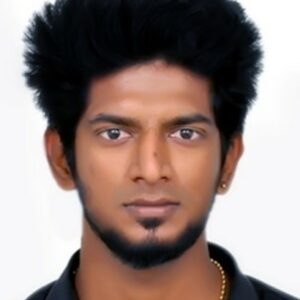
Well, to pen about the institution I studied, it can’t be expressed in mere words, the institution and the faculty members were very good and I am still in touch with them. A wonderful atmosphere, the bright classrooms, adequate volumes of books and journals in the library are fresh in my memories. I shall be much grateful for what I am today is because of this institution. The management and the faculty are very much approachable and keen in bringing out the best in each and every student. I can say VISTAS is one of the best place to learn & gain knowledge and understand the business reality to face and manage the challenges in the competitive world.
Aravind Jayaprakash (B.E Electrical and Electronics Engineering), 2015 – 2019
Mold and Assembly operator ,Hutchinson Pvt. Ltd.
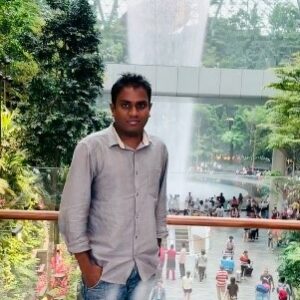
My name is Vasanth, I am currently working as an L-4 SEP automation specialist at Amazon, I have four years of overall experience working with different IT companies, including Dell and Apple. I graduated from Vels in the year 2018. Journey at Vels was one of the best experiences in my life, Vistas is focussed on nurturing & enriching young talents into efficient and passionate engineers. Special thanks to our EEE department faculties for their support and motivation which still empowers me.”
Vasanth (B.E Electrical and Electronics Engineering), 2014 – 2018
L-4 SEP automation specialist ,Amazon
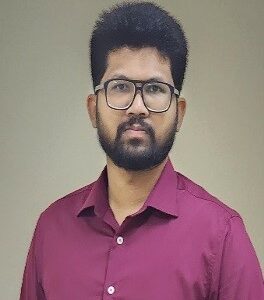
The four years of my under graduation at VISTAS have been the most learning years of my life. The institute provides an excellent platform and ample exposure for students to explore themselves, aspire bigger and challenge their limits. The unique curriculum, highly qualified and friendly faculty, blend of technical and humanity courses make atmosphere conducive to student’s overall growth. The small sized, very active and diverse student community leads to interactions with huge variety of people. Today, those interactions form a major part of my learning. One just discovers himself/herself by getting lost in woods of the campus. I am sure that exemplary technical and soft skills developed here help individuals ace in all their future endeavours.”
Dijoe (B.E Electrical and Electronics Engineering), 2014 – 2018
E&I engineer ,Robtstone LLC ,Abu Dhabi , UAE
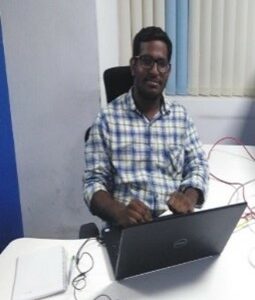
I am a proud alumnus of VISTAS, which provided a life-changing experience. Providing opportunities for growth and learning through an extensive set of courses and electives. The professors are highly accomplished in their respective areas of ICT and extremely supportive. The Electrical Engineering courses are highly specialized in providing an edge over other students during under-graduate studies. The infrastructure on campus including residential areas, labs and classrooms, and sports facilities are very modern allowing one to pursue any activity of interest after classes. The environment is always full of energy due to the numerous cultural events throughout the year.
Domesan Sampath (B.E Electrical and Electronics Engineering), 2013 – 2017
Sr.Tech Lead – Software, VVDN Technologies Pvt. Ltd

VISTAS is one of the excellent technical institutes of South India. Not only has geographical advancement of being in the heart of Chennai, but also managed by outstanding management staff and world-class faculty. It has well-equipped labs and a library. Faculty is the backbone of every institute, and here we got Professors coming from prestigious institutes having a diverse background. They are the ones who are shaping future leaders. I dedicate my thoughtful career choices to my professors, who inspired me to dream big and never settle for anything less. I am grateful for all the guidance I received back in my college days and that I am still receiving from them.
A.Janakiraman (B.E Electrical and Electronics Engineering), 2013 – 2017
TNEB ,North Chennai Thermal Power Station (NCTPS)
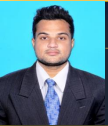
Every day of Engineering has fascinated me, excited me and entrusted me with endless opportunities that has helped me develop as an Engineer in life. VISTAS has selflessly helped and supported me to grab opportunity that came my way. I’m indeed blessed to receive such kind attention and love from all the faculty members. As the say, “An ideal engineer is a composite. He is not a Scientist, He is not a Mathematician, He is not a Sociologist or a writer; but he may use the knowledge and techniques of any or all these disciplines in solving engineering problems”. I’m thankful to my college for having helped me become a composite engineer.”
Muhammed Mushtaq Nawaz (B.E Electrical and Electronics Engineering), 2013 – 2017
Associate Engineer ,CMMS Manufacturing Industrial Plant Operation & Oil & Gas Industries
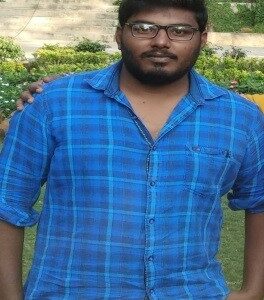
I am always proud to call myself a product of VISTAS. The level of coaching and the care we got from the faculties are amazing and the subject knowledge still remains fresh in my mind even after 7 years of industry experience. It is because of the way were taught the subject and the way it is related with the real time scenarios given by our staffs. Apart from curriculum we are encouraged to participate in all inter college events which gave us exposure and builds lot of confidence in ourselves. We have got the best placement cell which gives customized care for every student and coaches them to achieve their aspiration in life. It was in VISTAS, I built confidence of my career and the way to carry myself in the society to become successful human being.”
Sathish J (B.E Electrical and Electronics Engineering), 2011 – 2015
Senior Network Engineer ,Lumen IT India Pvt. Ltd.

I am what I am today is because of this education , There will be hundreds of criticism from people around you, Who will try to pull you down in every circumstances , but There will be a place where you will learn how to equip yourselves Rather groom yourselves to face the above world with your Own skills which you have not identified . This is the place I have learned to sharpen my inner abilities to fight not only for Survival but for excellence.
To put it in a nut shell, VISTAS have taught me totem of success i.e 7 Ds – Dedication, Determination, Dignity, Decorum, Devotion, Discipline and Destiny from this institution
Akshaya Radhakrishnan (B.E Electrical and Electronics Engineering), 2011 – 2015
Forensic investigation consultant ,KPMG
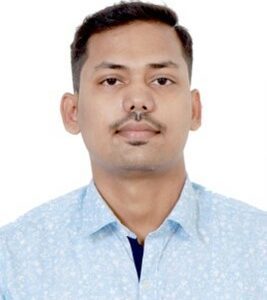
To start off with, as soon as we enter the college, a beautiful temple of Lord Ganesha, enhances the feel
for spirituality in every one of us. One of the top most college to excel in academics, cultural innovation and discipline. The Infrastructural facilities are good and faculties here are so friendly and understanding to assist students at every step of learning. VISTAS also supports and encourages students to participate in inter college competitions and enhance their ability to outperform in the outside world. I express my sincere gratitude for moulding me as a professional and I thank all my professors.”
K.Thamarai Selvan (B.E Electrical and Electronics Engineering), 2010 – 2014
Application Engineer, Burkert India Pvt. Ltd.

Vels Institute of Science Technology and Advanced Studies is committed to the highest standards of educational and other provision for its students. Formal evaluations, together with informal comments and consultations with the teaching faculties, are used to make improvements to the course and to provide encouragement to students where appropriate. The lecturers were/are knowledgeable, skilled, enthusiastic, committed, and prepared. The college has good collection of library and other amenities which aid the empowerment of students in terms of knowledge and life.”
Mariappan Durai (B.E Electrical and Electronics Engineering), 2010 – 2014
Senior Technical Lead ,COLT Technologies
Fee Structure
| Tuition Fee 2024 - 2025 (Per Sem) | Other Fee (Per Sem) | Total Fee 2024 - 2025 (Per Sem) |
|---|---|---|
| 32,000 | 28,000 | 60,000 |
Faculty of the Department
| S.No | Name of the Faculty | Designation | Educational Qualification | Area of Specialization | Experience in Years | Vidwan ID | Photos |
|---|---|---|---|---|---|---|---|
| 1 | Dr.Sasikala.K | Associate Professor and HOD | M.E., Ph.D | Power Electronics and Drives | 16 years | 250922 | 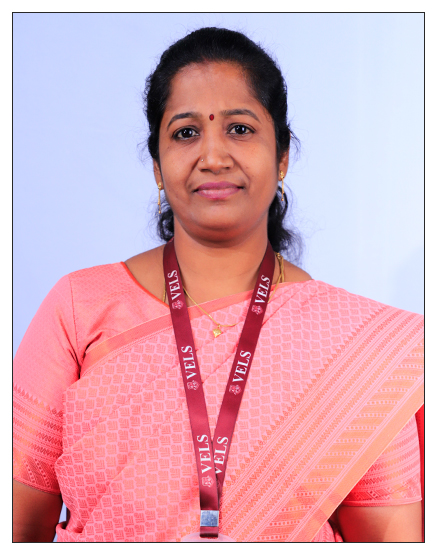 |
| 2 | Dr.Shanmugasundaram.N | Associate Professor | M.E, Ph.D | Power Electronics and Drives | 21 Years | 251482 | 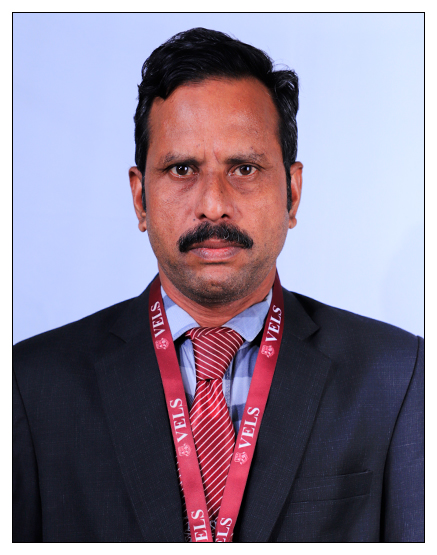 |
| 3 | Dr.Premila.T.R | Associate Professor | M.E.,Ph.D | Process Control and Instrumentation | 17 years 6 month | 251555 | 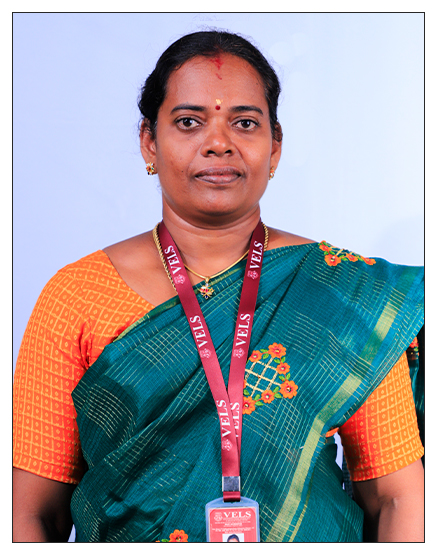 |
| 4 | Dr.Rubini.B | Assistant Professor | M.E, Ph.D | Power Systems | 13 years | 232767 | 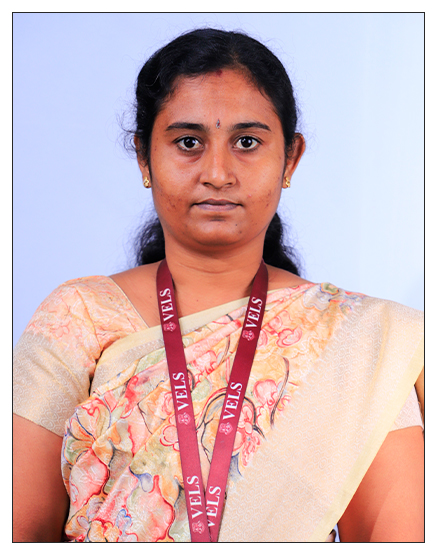 |
| 5 | Dr.Wisemin Lins.A | Assistant Professor | M.Tech,Ph.D | Power Electronics and Drives | 11 years 5 months | 251499 | 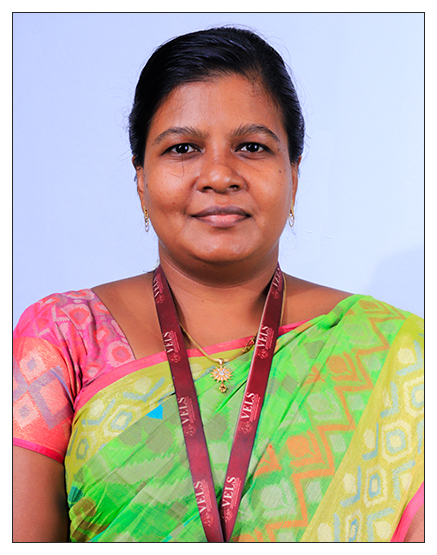 |
| 6 | Dr.Janaki.N | Assistant Professor | M.Tech.,Ph.D | Power Electronics and Drives | 10 years 6 months | 251232 | 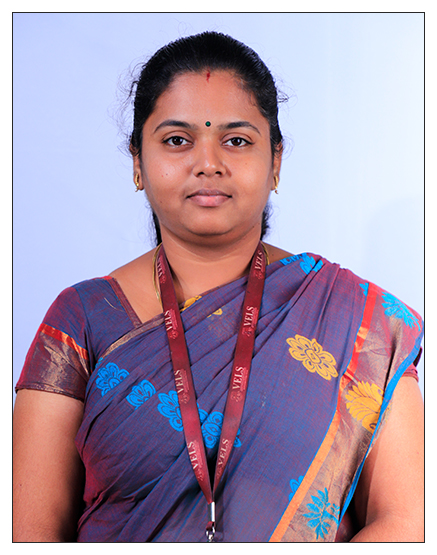 |
| 7 | Dr.Manoj.S | Assistant Professor | M.E,Ph.D | Power Electronics and Drives | 9 years 10 months | 250904 | 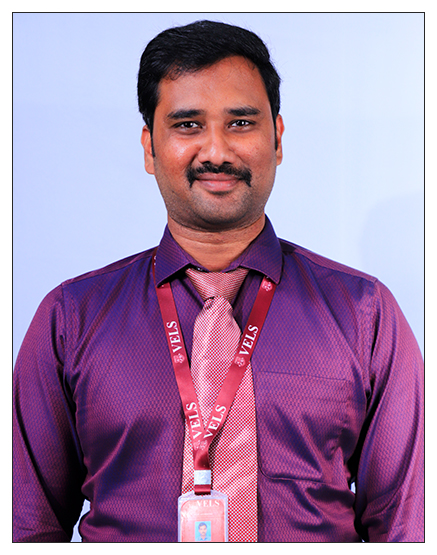 |
| 8 | Dr.Pradeep Kumar.S | Assistant Professor | M.E, Ph.D | Power Electronics and Drives | 12 years | 173335 | 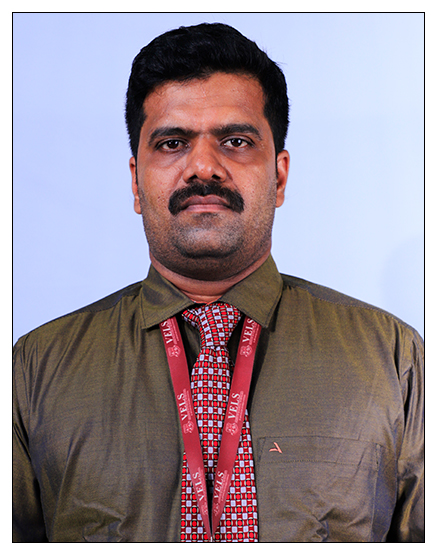 |
| 9 | Dr.Vijayaraj.S | Assistant Professor | M.E., Ph.D., | Power Systems | 11 years | 290457 | 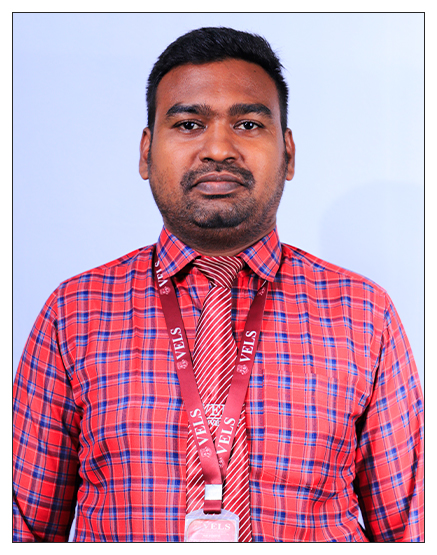 |
| 10 | Dr.Sushita.K | Assistant Professor | M.E.,Ph.D | Control Systems | 8 years 7 months | 251510 | 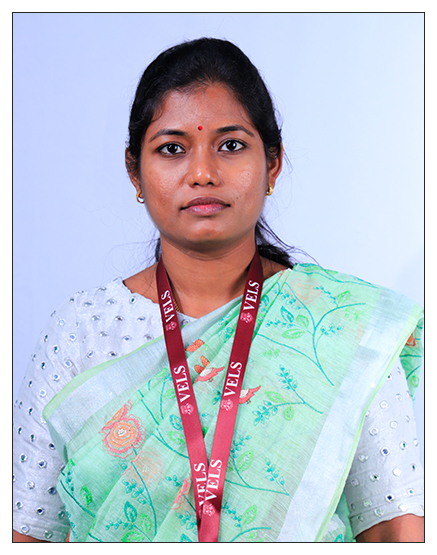 |
| 11 | Ms.Debarchita Mishra | Assistant Professor | M.Tech.,(Ph.D) | Control Systems | 14 years | 251510 | - |
 CHAT WITH A STUDENT
CHAT WITH A STUDENT